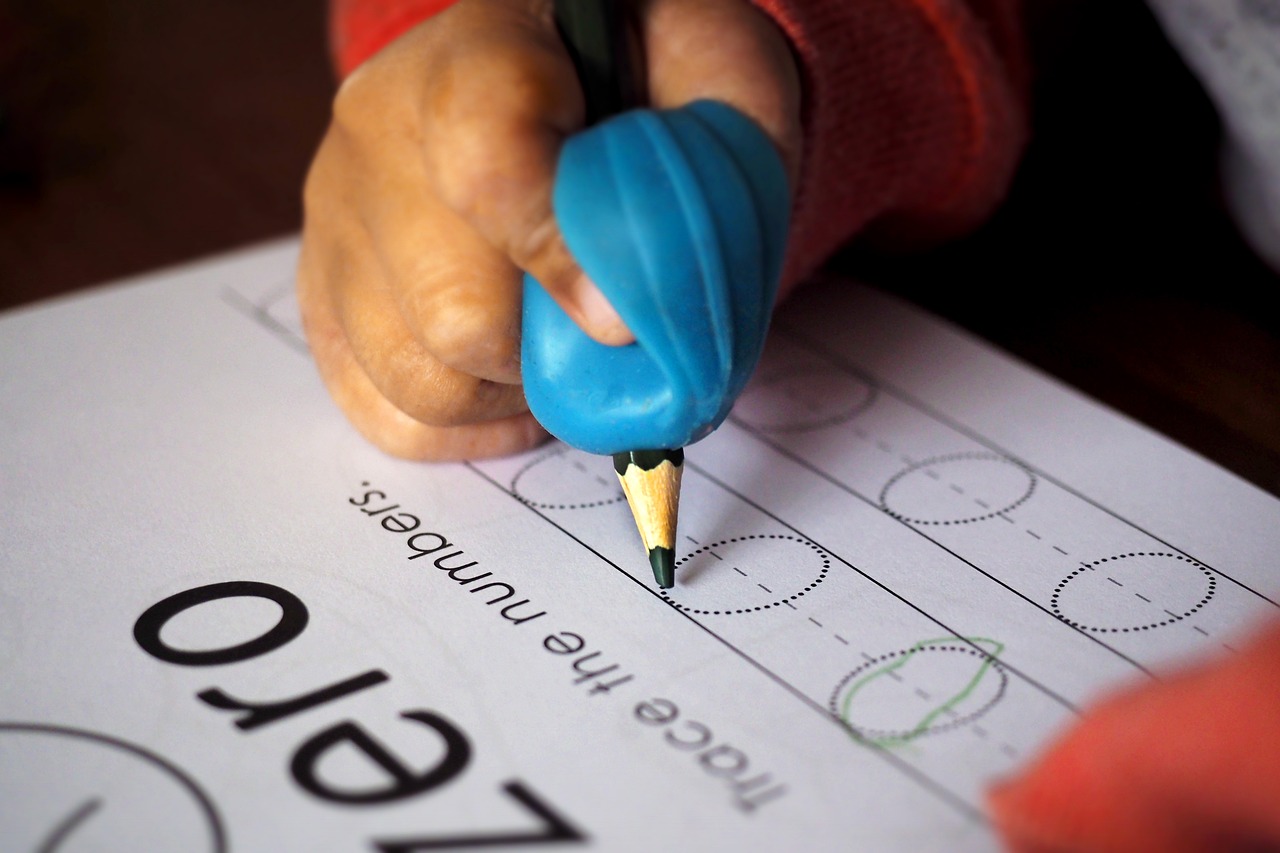Addressing Teacher Burnout: Strategies for Wellbeing and Self-Care
Burnout is a common issue experienced by many educators, often resulting from prolonged periods of stress and overwhelming workloads. One of the signs that indicates a teacher may be experiencing burnout is a sense of emotional exhaustion, where they may feel drained, irritable, or disconnected from their work and students. This emotional fatigue can manifest through feelings of apathy, cynicism, and a lack of motivation in their teaching duties.
Another key sign of burnout to be aware of is a sense of depersonalization towards students and colleagues. Teachers experiencing burnout may begin to distance themselves emotionally from their interactions, leading to a decrease in empathy and compassion for others. This can result in a breakdown in communication, strained relationships, and a negative impact on the overall learning environment.
Understanding the Causes of Teacher Burnout
Teacher burnout is a prevalent issue in the education sector, with various factors contributing to its onset. One of the primary causes is the heavy workload that teachers face on a daily basis. The combination of planning lessons, grading assignments, attending meetings, and dealing with administrative tasks can quickly become overwhelming, leading to feelings of stress and exhaustion.
Additionally, the lack of resources and support can also play a significant role in teacher burnout. When educators are faced with limited materials, inadequate training, or little assistance from their colleagues or superiors, it can create a sense of being undervalued and unsupported. This can result in feelings of frustration and disillusionment, further exacerbating the risk of burnout.
• Heavy workload including planning lessons, grading assignments, attending meetings
• Lack of resources and support such as limited materials and inadequate training
• Feeling undervalued and unsupported by colleagues or superiors
Importance of Self-Care in Education
Taking care of oneself is crucial in the field of education. Teachers are constantly giving their all to support and nurture their students, often neglecting their own well-being in the process. However, failing to prioritize self-care can lead to burnout, impacting not only the individual teacher but also the quality of education they provide.
When educators prioritize self-care, they are better able to manage their stress levels, maintain a healthy work-life balance, and sustain their passion for teaching. This, in turn, can lead to improved job satisfaction, increased motivation, and ultimately, enhance the overall learning experience for their students. In the fast-paced and demanding environment of education, practicing self-care is not a luxury but a necessity for both personal well-being and professional growth.
What are some common signs of burnout in educators?
Some common signs of burnout in educators include feeling constantly exhausted, lacking motivation, experiencing a decrease in job satisfaction, and feeling overwhelmed by work responsibilities.
What are the main causes of teacher burnout?
The main causes of teacher burnout can include high workloads, lack of support from administration, challenging student behavior, and a lack of work-life balance.
How can educators prioritize self-care in their daily lives?
Educators can prioritize self-care by setting boundaries, practicing mindfulness and stress-relief techniques, seeking support from colleagues or mental health professionals, and taking breaks when needed.
Why is self-care important in the field of education?
Self-care is important in education because it helps educators maintain their mental and emotional well-being, prevents burnout, and ultimately leads to better outcomes for both educators and students.







